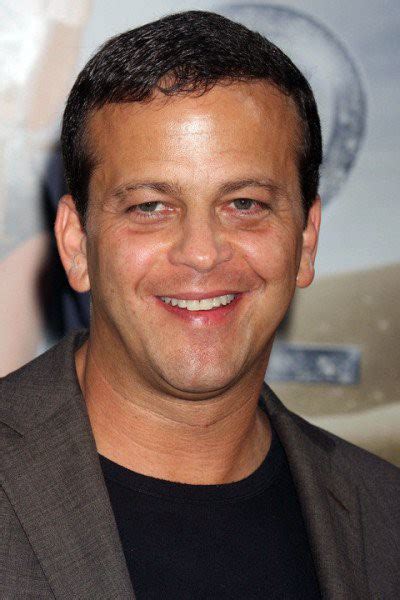A Quote by John Milton
As children gath'ring pebbles on the shore. Or if I would delight my private hours With music or with poem, where so soon As in our native language can I find That solace?
Related Quotes
Introduction To Poetry I ask them to take a poem and hold it up to the light like a color slide or press an ear against its hive. I say drop a mouse into a poem and watch him probe his way out, or walk inside the poem's room and feel the walls for a light switch. I want them to waterski across the surface of a poem waving at the author's name on the shore. But all they want to do is tie the poem to a chair with rope and torture a confession out of it. They begin beating it with a hose to find out what it really means.
I believe in fiction and the power of stories because that way we speak in tongues. We are not silenced. All of us, when in deep trauma, find we hesitate, we stammer; there are long pauses in our speech. The thing is stuck. We get our language back through the language of others. We can turn to the poem. We can open the book. Somebody has been there for us and deep-dived the words.
One day while studying a Yeats poem I decided to write poetry the rest of my life. I recognized that a single short poem has room for history, music, psychology, religious thought, mood, occult speculation, character, and events of one's own life. I still feel surprised that such various substances can find shelter and nourishment in a poem. A poem in fact may be a sort of nourishing liquid, such as one uses to keep an amoeba alive. If prepared right, a poem can keep an image or a thought or insights on history or the psyche alive for years, as well as our desires and airy impulses.
The Good Quality Snob, or wearer of muted tweeds, cut almost exactly the same from year to year, often with a hat of the same material, [is] native to the Boston North Shore, the Chicago North Shore, the North Shore of Long Island, to Westchester County, the Philadelphia Main Line and the Peninsula area of San Francisco.
Who reads Incessantly, and to his reading brings not A spirit and judgment equal or superior, (And what he brings what need he elsewhere seek?) Uncertain and unsettled still remains, Deep versed in books and shallow in himself, Crude or intoxicate, collecting toys And trifles for choice matters, worth a sponge, As children gathering pebbles on the shore.





































